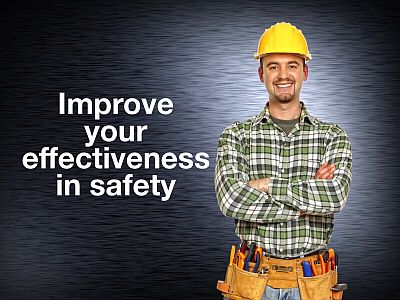Posted by
Kevin Burns on November 25, 2020

My first paid job was as a 12-year-old salesman on a Dickie Dee ice cream bicycle. I worked on commission with no hourly wage. In 1973, popsicles cost a nickel and ice cream drumsticks were a quarter. The ice cream bike was a single speed, 3-wheeler that weighed 600 pounds fully loaded, and my route was a hilly, blue-collar town in Renfrew, Ontario. Like most families in Renfrew, mine didn’t have much money. My dad was an office manager at a tire shop and my mom was an elementary school teacher. I was working to save up for a 10-speed bike that cost $125. I quickly learned what time workers at the local factories took their breaks. Most of them had no air conditioning, so a frozen treat always hit the spot. I noticed the camaraderie those factory workers shared. It wasn’t uncommon for one guy to step up and say, “We’ve got five guys here, so it’s five cones on me.” It seemed to me that whatever they were doing, they were in it together. The following year I worked part time in a golf course pro shop. My boss, the golf pro, was an intense manager who was insistent on routines, procedures, and presentation. Everything had to be done just so, no surprises. Then as a young teenager, I worked at our small town’s first radio station. I emptied trash cans and helped out wherever I could. I learned that the best announcers were the ones who connected with their audiences on a personal level. The job started me on an 18-year career in broadcasting doing jobs from sales rep to on-air announcer (11 years as a morning-man) to supervisory and management positions. Through all of those early jobs, I found that one thing trumped everything else— and that one thing was relationships.










